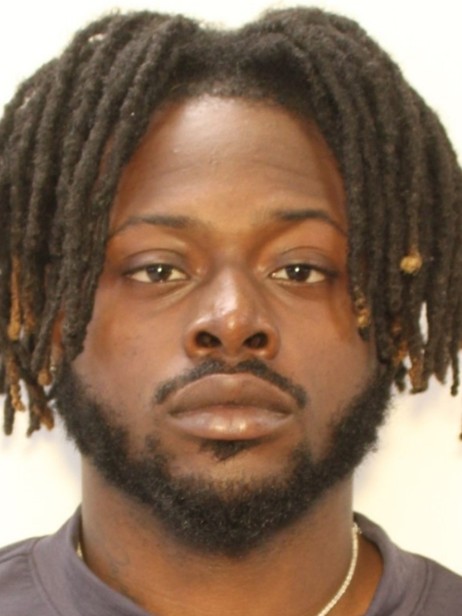Advocates of growing marijuana face opposition from Baptist group
Published 8:30 pm Wednesday, December 9, 2015

- State mulls research with cannabis oil
ATLANTA – Mike Griffin said he doesn’t believe that lawmakers are trying to pave the way for recreational marijuana use.
Even so, the spokesman for the Georgia Baptist Convention fears it will happen if cannabis is legally grown in Georgia, which he calls an “incremental step” toward liberalized drug laws.
“Cultivation of marijuana in our state, even for medical purposes, pushes us to a line that will be impossible to maintain,” Griffin, who is also a pastor, said Wednesday to the state’s Commission on Medical Cannabis.
It’s unclear how much sway the Baptists have as the commission and lawmakers consider whether to allow in-state cultivation of medical marijuana. The Legislature’s lead supporter of marijuana planting, Rep. Allen Peake, R-Macon, is also a Baptist.
The Georgia Baptist Convention represents the largest organized religious group in the state. About 1 in 5 Georgians identify as Baptist, according to the Pew Research Center.
Sarabeth Fowler, whose daughter, Ava, uses oil extracted from the cannabis plant to treat her epilepsy, said her family left their Southern Baptist church over the issue.
The Clarkesville mom said she doubts that the state Baptist group’s position against cultivation really represents the views of most Baptists.
She pointed to a new statewide poll that finds 85 percent of 762 people surveyed support homegrown, medical cannabis if it is subject to “strict regulation and security,” similar to what’s done in Minnesota.
“Those numbers speak for themselves,” Fowler said.
A group called Georgians for Freedom in Health Care paid for the poll, which found overwhelming support for expanding a state law, called Haleigh’s Hope Act, passed by the Legislature early this year.
The law allows use of medical cannabis for Georgians with one of eight diseases including late-stage cancer and Parkinson’s.
Representing churches across the state, the Baptist convention approved a resolution on “the dangers of marijuana” at its annual meeting last month. The resolution urges all Baptists to “voice their protest of further legalization of illegal drugs, including marijuana.”
The Georgia Baptist Convention has not taken a position on the use of medical cannabis. It did, however, throw support behind clinical trials earlier this year.
Efforts to launch an in-state cultivation program may have bigger problems right now than opposition from the Baptists.
Currently more than 400 people on the state’s medical cannabis registry travel out of state for treatment or risk violating a federal law that prohibits carrying the substance across state lines.
The majority of those serving on the Commission on Medical Cannabis said at Wednesday’s meeting that this prohibition is why they cannot endorse a measure to allow cannabis to be grown in Georgia.
Rather, they said, the issue needs to be addressed at the federal level.
“Our hands are tied right now by the federal government, not because we don’t want to do it,” said Rep. Katie Dempsey, R-Rome, a commission member. Dempsey was one of nine members who rejected a proposal to grow cannabis here.
Gov. Nathan Deal has also said he does not support growing cannabis in the state.
These setbacks have not deterred Peake, who sponsored the bill that passed earlier this year and is chairman of the Commission on Medical Cannabis.
After seeing four other members support the concept of growing medical cannabis, Peake said at the meeting that there will be “legislation introduced by somebody for an in-state cultivation model” next year.
He acknowledged that such a measure would violate federal law, but Peake said he considers it to be a state’s rights issue.
“We should control the destiny of our citizens,” he said.
Commission members, who represent law enforcement and different facets of the medical community, agreed on a few other key measures Wednesday.
They will urge the state’s congressional delegation to support changes to federal law.
They also agreed on the need for an advisory committee to review petitions to expand the medical marijuana law to include more conditions, consider dosage issues and make recommendations to the Legislature.
Jill Nolin covers the Georgia Statehouse for CNHI’s newspapers and websites. Reach her at jnolin@cnhi.com.





